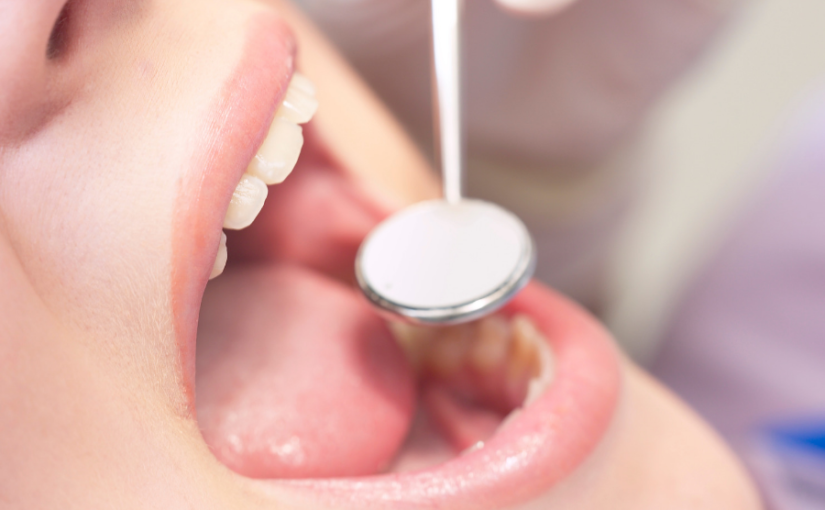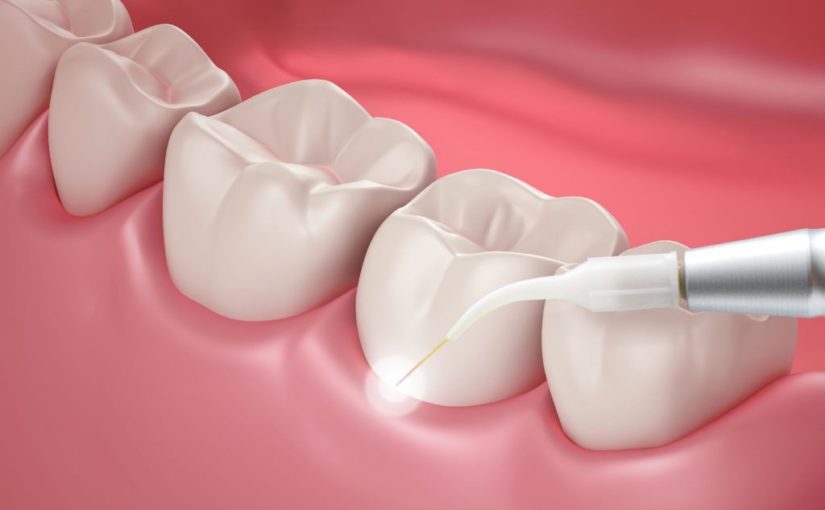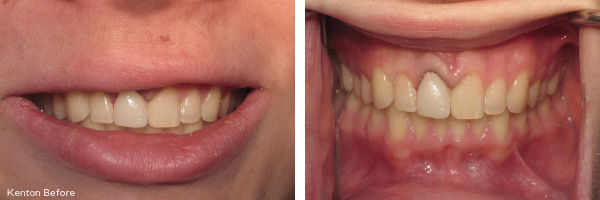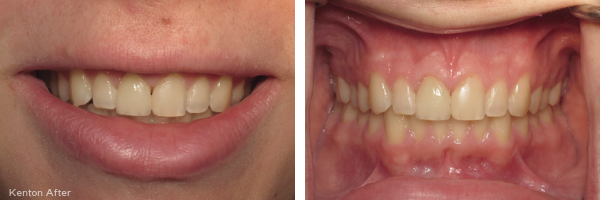By: Dr. Elizabeth Eggert
Gum disease is serious and can have a ripple effect on a person’s health. Complications from gum disease can look different for men and women. At Eggert Family Dentistry, we recognize the destructive nature of gum disease on both men’s and women’s health. With this article, we will spend time educating our female patients as to some of the best methods of preventing serious health problems.
How does gum disease affect a woman’s body?
When daily brushing and flossing are not prioritized, a bacterial infection can set in. This infection, which we know as gum disease, can easily enter the bloodstream and wreak havoc on numerous body systems and functions:
The heart: Gum disease increases the risk of heart disease which is already the number one killer of U.S. women. The likelihood of a fatal heart attack doubles when gum disease is present.
The lungs: Bacteria can travel into the lungs increasing the risk of pneumonia.
The brain: Oral infections increase the risk of stroke.
Blood sugar: Gum disease increases the risk of diabetes in healthy adults and people with diabetes are more prone to gum disease.
Gum disease in women can also increase pregnancy complications resulting in premature birth and low birth weight.
The intersection of female hormones and gum disease
Hormones fluctuate during different phases of a woman’s life. These fluctuating hormones can affect the gums and the way a woman’s body responds to plaque.
- In the days leading up to a woman’s monthly cycle, many women report tender, swollen gums. Irritated gums can attract and harbor plaque.
- Women who take oral contraceptives often report inflamed gums which make them more prone to plaque build-up and gum disease.
- During pregnancy, many women experience pregnancy gingivitis which manifests itself with red, inflamed, bleeding gums. This is due to the presence of plaque and harmful oral bacteria.
- Menopause can induce red, inflamed gums and oral discomfort, creating an inviting environment for plaque and harmful bacteria.
Eggert Family Dentistry wants to partner with you to achieve and maintain healthy gum tissue during every phase of your life. Daily brushing and flossing as well as regular recare appointments are not only an investment in your oral health but in your overall health as well. If you’re interested in scheduling an appointment with us, Dr. Elizabeth and Dr. Jeff can be reached at 651.482.8412.






